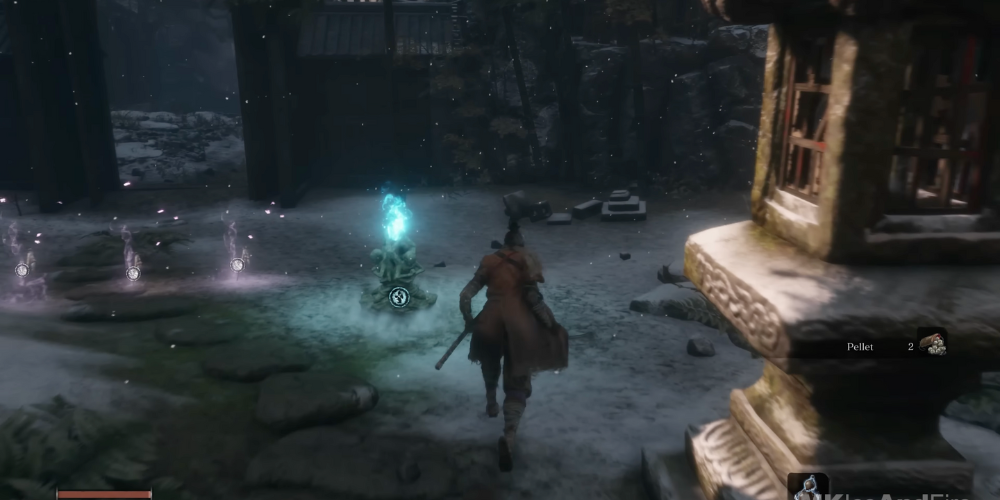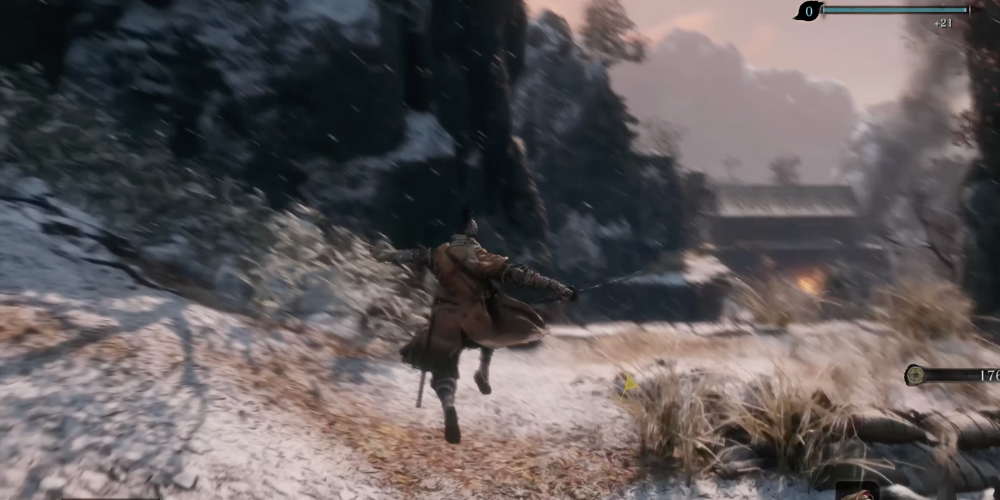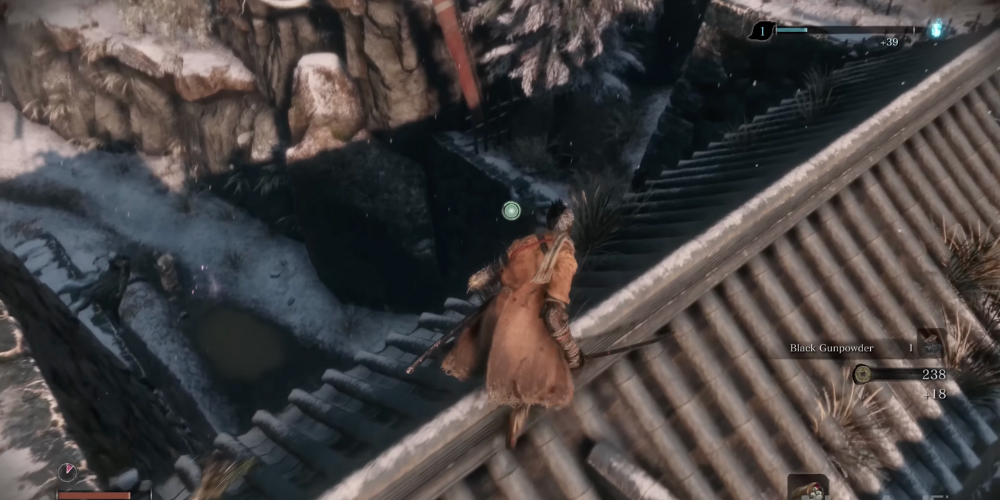Sekiro: Shadows Die Twice - Mastering the Art of the Shinobi

Embarking on the journey of Sekiro: Shadows Die Twice, players are thrust into the shoes of the stoic shinobi, Wolf, on a quest to rescue his lord and exact revenge on his adversaries. This action adventure from FromSoftware is renowned for its steep learning curve, intricate combat system, and depth of skill required to surpass its numerous challenges. Fret not, for this guide is designed to illuminate the path to mastering the art of the shinobi, breaking down key aspects of the gameplay, combat strategies, and essential tips necessary for triumphing over the adversities that lie ahead.
Understanding the Core Combat System
The heart of Sekiro lies in its combat system, which is fundamentally different from traditional hack-and-slash games. It stresses precision, timing, and understanding of enemy patterns over brute force. Mastering the art of combat in Sekiro requires a deep comprehension of its two main components: Posture and Deathblows.
Posture and Deathblows
Every enemy in Sekiro has a posture meter which, when filled, allows for a deathblow that can instantly defeat lesser foes or significantly damage more formidable adversaries. Posture is increased by attacking enemies, blocking, or parrying their attacks at the perfect moment. The essence of combat revolves around this dance of attack and parry, as it is often more efficient to focus on breaking an enemy's posture than to diminish their health directly.
Practicing the timing for parries is crucial. Unlike blocking, which still fills your posture meter, a well-timed parry causes significant posture damage to the enemy while leaving yours untouched. Mastery of this mechanic is the cornerstone of becoming a true shinobi warrior.
Enhancing Your Skills and Abilities

As Wolf progresses through his quest, he will encounter various opportunities to enhance his abilities, making him more formidable in battle.
Skill Points and the Skill Tree
By defeating enemies and bosses, Wolf gains experience, which contributes to earning skill points. These can be spent on a wide array of abilities across multiple skill trees, each focusing on different aspects of combat, stealth, or tools. It's paramount to choose skills that complement your playstyle. For instance, if you find yourself relying heavily on stealth to gain advantages in combat, investing in the Shinobi Arts tree would be beneficial.
Some skills, like the Mikiri Counter, are incredibly effective against enemies with perilous thrust attacks, turning their assaults into opportunities for severe posture damage.
Prosthetic Tools and Upgrades
The Shinobi Prosthetic, a versatile arm received early in the game, can be equipped with various tools that aid in combat, exploration, or even stealth. Each of these tools can be upgraded further to enhance their effectiveness. The Firecracker, for instance, can stun beasts and give you an opening for attacks, while the Loaded Axe can break through the shields of certain enemies easily. Strategic use and timely upgrades of these tools can turn the tide of battle significantly.
Cultivating a Strategic Mindset
Approaching situations with strategy rather than brute force is often the key to success in Sekiro. This involves understanding enemy patterns, utilizing the environment, and knowing when to strike or retreat.
Enemy Patterns and Weaknesses

Every enemy in Sekiro, from the lowest grunt to the most towering boss, has patterns and weaknesses. Observing and learning these are crucial to crafting an effective combat strategy. Certain bosses, for instance, maybe more vulnerable to specific prosthetic tools or combat arts, making those encounters significantly easier if the player capitalizes on these weaknesses.
Environmental Advantage
The sprawling world of Sekiro is not just a backdrop for the narrative; it is a critical component of the gameplay. Use the environment to your advantage by employing stealth to eliminate guards, finding alternate paths to surprise your foes, or utilizing high ground to assess situations before engaging.
Knowing Your Limits
One of Sekiro's lessons is learning when to retreat and reevaluate your strategy. Unlike games where you can power through most challenges, Sekiro demands respect for its enemies and their abilities. Pushing forward recklessly will often result in defeat, so knowing when to fall back and maybe even skipping certain optional challenges until you've grown stronger is essential.
Advanced Techniques and Tips
Beyond the basics, several advanced techniques can enhance your effectiveness as a shinobi.
The Importance of Stealth

While Sekiro is not a stealth game per se, utilizing stealth can significantly reduce the difficulty of certain areas. Taking out enemies quietly to thin their ranks or bypassing fights altogether can save resources and health for the more challenging battles ahead.
Item and Resource Management
Items like Spirit Emblems, which are required to use many of the prosthetic tools, are in limited supply but can be the difference between victory and defeat. Managing these resources effectively, knowing when to use them sparingly, and when to go all out is another layer to mastering Sekiro.
Embrace Resurrection
Resurrection is not merely a tool to correct a mistake; it is an integral part of Sekiro's combat system. It can be used strategically during fights to confuse enemies or get out of deadly situations. Choosing the optimal moment to resurrect can swing seemingly impossible battles in your favor.
Conclusion
Sekiro: Shadows Die Twice is a complex game that demands patience, practice, and strategic thinking. From mastering the delicate balance of attack and defense to understanding the depth of its skill trees and prosthetic tools, every element is designed to challenge and reward players willing to embrace the way of the shinobi. With perseverance and the guidance provided, you'll find yourself overcoming adversities that once seemed insurmountable, truly embodying the spirit of the unstoppable Wolf.








Leave a comment
Your comment is awaiting moderation. We save your draft here
0 Comments